Surround SCM
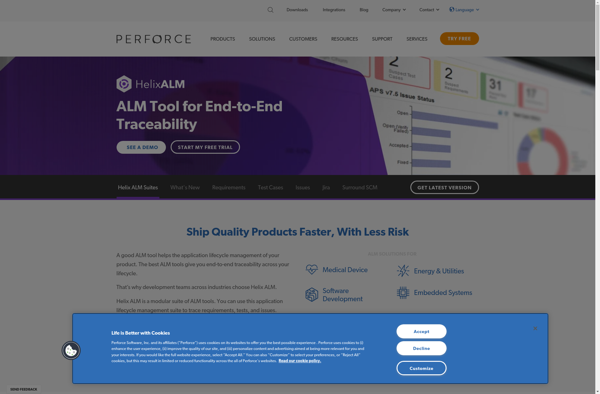
Surround SCM: Software Configuration Management Tool
Surround SCM is a software configuration management tool designed for software development teams to manage code, track changes, and collaborate. It provides version control, workspace management, release planning, issue tracking, and integrations with IDEs.
What is Surround SCM?
Surround SCM is a software configuration management and version control system designed for software development teams. It provides capabilities for:
- Version control - Track code changes, rollback to previous versions, branch code, merge changes from multiple developers
- Workspace management - Developers can create personal workspaces to make code changes isolated from the main codebase
- Release planning - Plan sprints, map code to releases, assign tasks to developers
- Issue tracking - Track bugs, features requests, other tickets to coordinate teamwork
- IDE integrations - Tightly integrates with popular IDEs like Visual Studio, Eclipse, IntelliJ
Key benefits of Surround SCM include:
- Improved team collaboration - Developers can easily share code changes, track progress, coordinate tasks
- Enhanced stability - Version control protects source code, ensures ability to rollback code issues
- Flexible workflows - Supports both centralized and distributed version control workflows
- Automation - Scriptable CLI to automate SCM tasks and integrate into CI/CD pipelines
With its focus on software development teams, Surround SCM provides a full-lifecycle management system for coordinating code across large or small teams. It balances power and flexibility for developers with controls and oversight for managers.
Surround SCM Features
Features
- Version control
- Workspace management
- Release planning
- Issue tracking
- IDE integrations
Pricing
- Subscription-Based
Pros
Cons
Official Links
Reviews & Ratings
Login to ReviewThe Best Surround SCM Alternatives
Top Development and Version Control and other similar apps like Surround SCM
Here are some alternatives to Surround SCM:
Suggest an alternative ❐Mercurial SCM
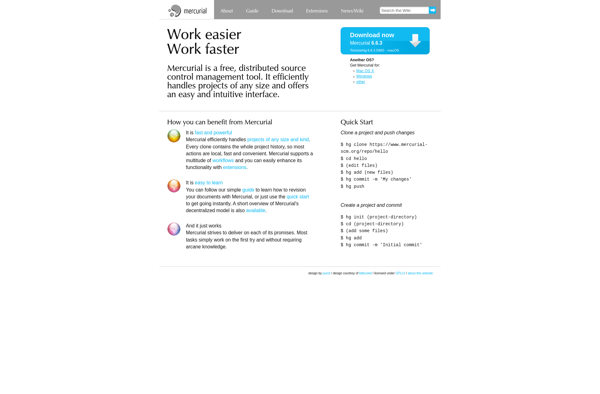
ZenTao
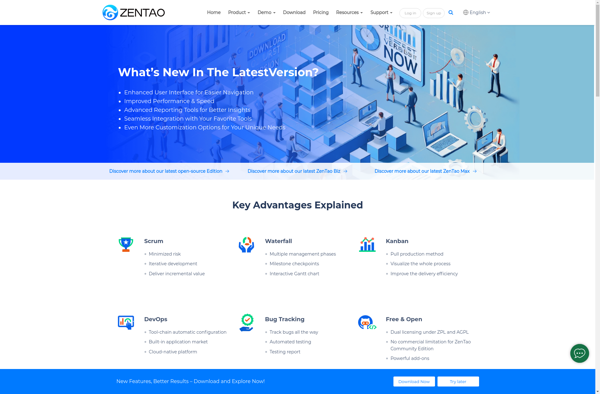
Apache Subversion
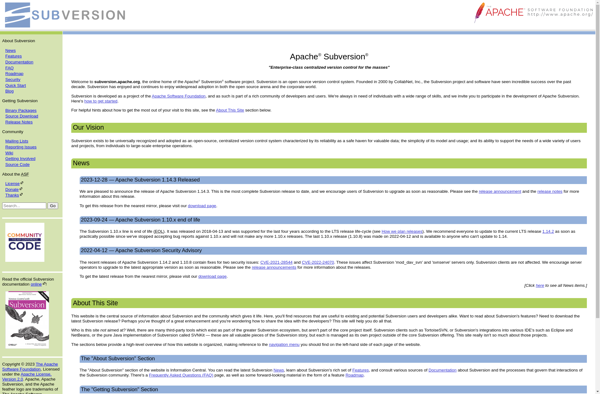
Pocket Git
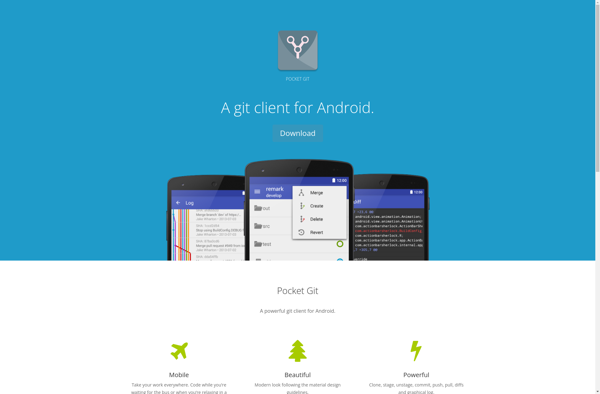
Fossil
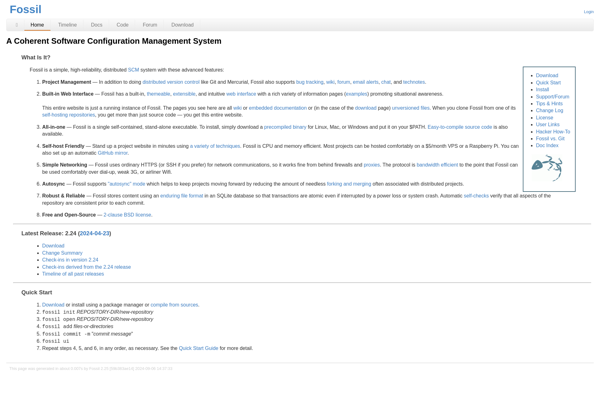
MGit
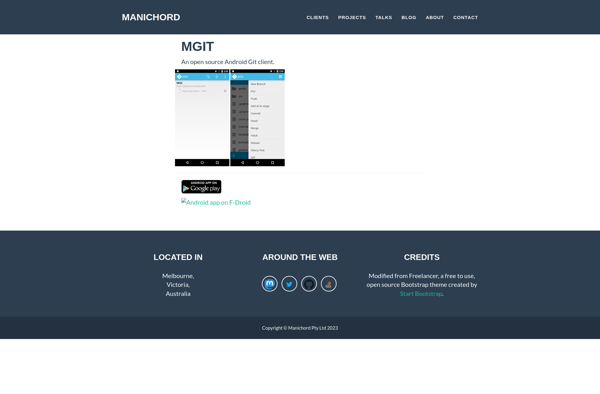
Veracity

Darcs
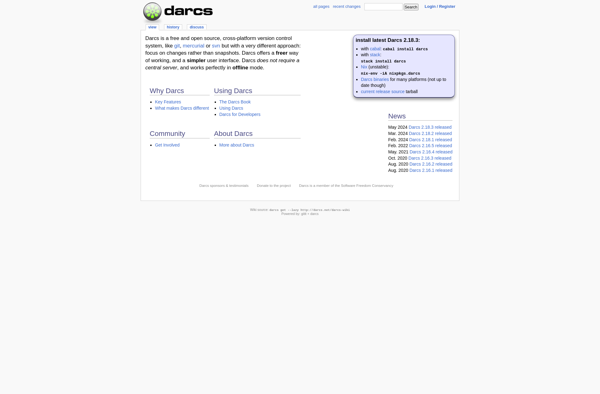
Gitwin
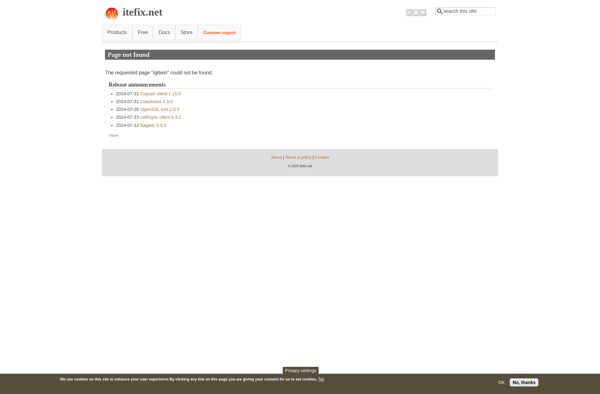
CubeGit
Easy Git
